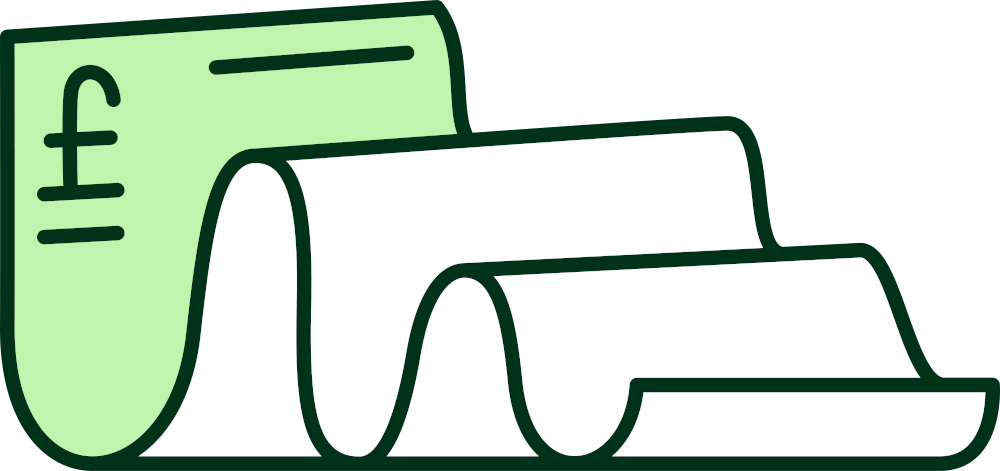Why are rent arrears important?
Rent arrears are a priority debt because you could lose your home if you do not pay them. If you are behind with your rent, it is important to find out what your rights are and what your landlord can do. This can depend on the type of tenancy you have and when it began. For example, it is usually easier for a private landlord to evict you than it is for the council.
What can I do if I have rent arrears?
- Find out what sort of tenancy you have. This will tell you what rights you have and what your landlord may do.
- Get a rent account statement from your landlord. This will show how much rent you owe. Make sure the landlord’s figures are correct. With some tenancies, the amount of arrears may affect your right to stay in your home.
- Keep paying your normal rent if you can. If you can’t afford the full monthly payment, pay what you can.
- Work out how much you can afford to pay toward the arrears. You can use our Digital Advice Tool to work out your budget.
- Make an offer of payment to your landlord and send a copy of your budget to show it is affordable.
- If you rent your home from a social landlord (such as the council or a housing association), they should make reasonable efforts to try to come to an arrangement with you before starting court action. They must also give you information about where to go for advice.
What if my landlord starts court action?
Before your landlord can take court action, they must write to you. The letter should give a date after which court action can start. Getting one of these letters does not mean you have to leave your home. Contact your landlord straight away and try to reach an agreement. Keep paying your rent and what you have offered towards the arrears.
If you cannot come to an agreement, your landlord may ask the court to start possession action. If this happens you will get paperwork from the court and be asked to attend a hearing. Even if the court decides that you cannot stay in your home, you will not be evicted on the day your case is heard. Usually, you will still have time to look at your options and get advice.
If you live in England, for advice on what to do if your landlord takes you to court, look at this guide:
If you live in Wales and rent your home, your agreement is usually called an occupation contract. For advice on what to do if your landlord takes you to court, look at these guides:
- Rent arrears for secure occupation contracts – Wales (usually given by social housing landlords).
- Rent arrears for standard occupation contracts – Wales (usually given by private landlords).


